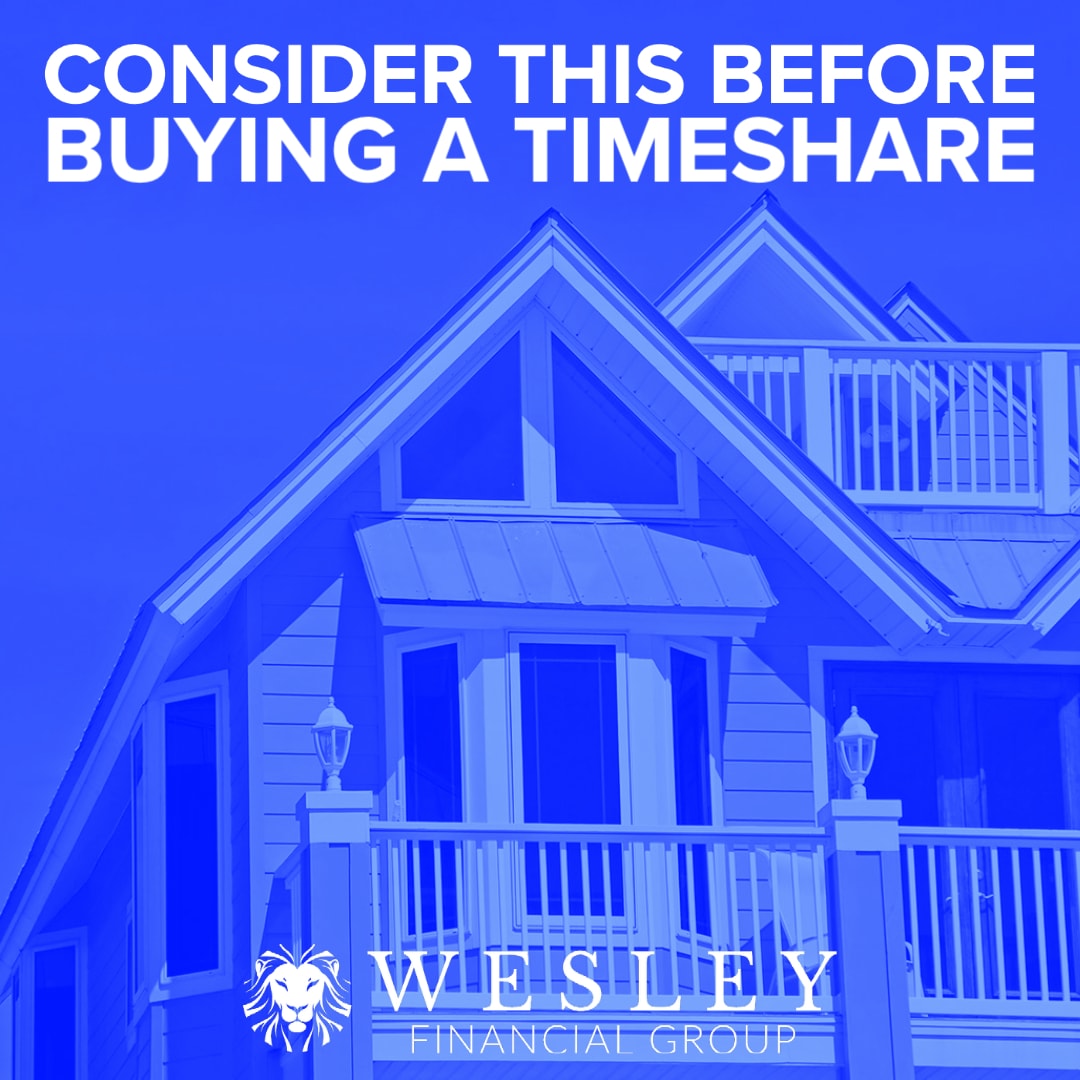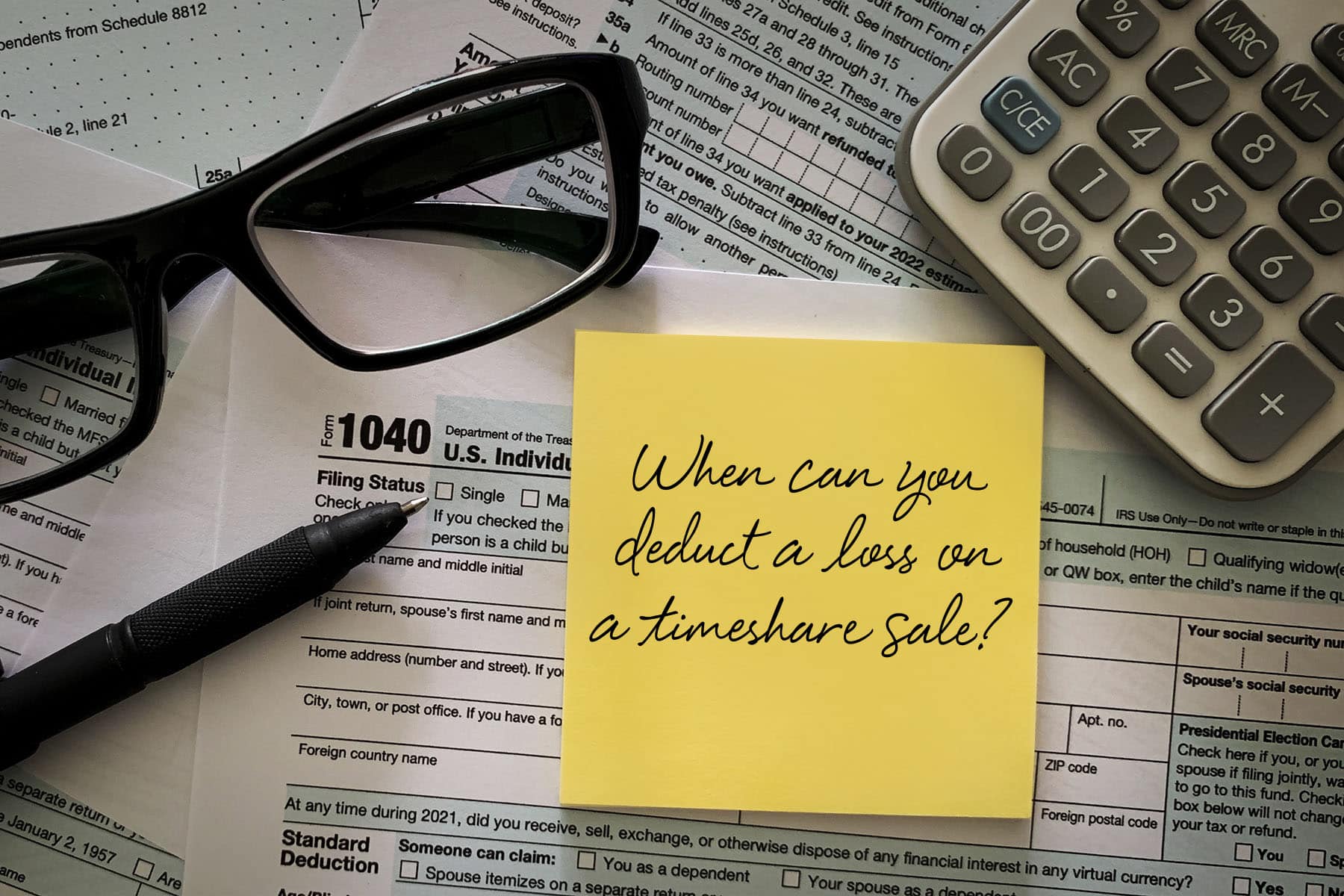Table of Contents
Can You Make Money Renting Out Your Timeshare?
Don’t you wish there were ways for you to make some extra cash using your timeshare property? After all, world travelers need to make some extra cash too. Well, many timeshare owners explore the idea of utilizing timeshare rental services. The notion of renting out your timeshare ownership for a profit goes back to the pushy salespeople of these timeshare companies, who likely had you and many others believe that your purchase would be an investment.
“You can rent out your timeshare as an extra source of income if you aren’t planning to use it during your vacation dates” is what you’ll likely hear as a potential buyer in a timeshare presentation. Unfortunately, that rarely occurs. The best-case scenario for renting that out is that it helps offset the cost of your annual maintenance fee and mortgage payments.
Can Timeshares Be Rented Out?
Whether timeshare owners can rent out their units to others varies based on the resort and the type of ownership (deeded vs. right-to-use timeshare), though generally, the answer is yes. Many owners can rent out their units week or points to others in the secondary marketplace. The American Resort Development Association (ARDA) states that 92 percent of timeshare resorts offer a rental program.
If you’re considering offering your timeshare out as a rental, do your due diligence beforehand and ensure your buyer agreement allows you to do so. Although timeshare point systems might allow flexibility with dates and destinations, some exchange companies do not allow people to put their points toward rentals; the same restriction could also apply to traditional resort units under fractional ownership. Ultimately, this is a situation where you’d like to ask permission rather than forgiveness, so do your homework first!
FREE
Timeshare Exit Info Kit
Get your free Timeshare Exit Info Kit today to learn more about Wesley Financial Group and how we may be able to help you get out of your timeshare.
Timeshare Exit Info Kit
Get your free Timeshare Exit Info Kit today to learn more about Wesley Financial Group and how we have saved 50,000 families over $635 million in timeshare debt.
Step-by-Step Guide to Renting Out Your Timeshare Vacation
The process of renting out a timeshare should be simple. It entails determining the unit’s property value and setting the rent price for clients before moving on to advertising and marketing it to the proper audiences. Once someone makes a rental offer, it is just a matter of scheduling the reservation and informing the resort developers of such deals.
Alas, working with timeshares is never as easy as it seems. Below are several steps to prepare a timeshare before listing it ‘for rent.’
Create Your Own Rental Option or Use a Reputable Rental Company
Before breaking down the overall cost of renting and how much money it can make you, you must decide how to manage the rental process. Can you handle the business side on your own, or do you need help? It comes down to how comfortable you are managing it, but some initial concerns worth addressing may include the following:
- Do you, the property owner, plan to oversee and manage the rental process yourself (including the advertising, reservations, check-in, room availability, payment coordination, etc.), or do you plan to outsource these responsibilities to a real estate agent or third-party management company?
- Which rental companies will give you the biggest bang for your buck? Property owners will want to do thorough research here. Some vacation rental websites boast excellent service and comparable prices but take your money and never provide any bookings (which costs you more!).
Regardless of how people choose to manage their rental platform, it’s crucial to have a rental agreement for each individual or group renting it out. This agreement is between timeshare owners and the renters using it at the time. If a timeshare owner chooses to hand over the rental reins to a management company, that company will generate the necessary rental agreement.
How Do I Find a Reputable Timeshare Rental Company?
The best way to find a reputable timeshare rental company is to research. Start by looking for reviews online from past customers. You can also ask people you know who have used timeshare rental companies in the past. Ask your friends and family for their experiences and recommendations. They can provide valuable insight into the company’s customer service, quality of accommodation, and overall satisfaction.
Additionally, you can look up reviews from previous customers to get a better understanding of their experience. This can be a great way to get an honest opinion about the company and its services.
Factor In All of Your Timeshare-Related Costs as an Owner
When pricing the nightly rental rate of your timeshare property, it’s vital to evaluate internal and external cost factors. Internal factors include the property’s annual maintenance fees and any personal debts related to the timeshare. External factors include nightly rental rates charged in the nearby secondary market and the cost of hiring a rental management company.
Most responsibilities, such as advertising, property photos (including resort amenities), bookings, check-ins, and direct contact with guests, are handled by the property owners or a management company if they choose that route. Similar to long-term rentals, Rental services are charged depending on the agreement between the owners and the management company. Regardless, these expenses should be factored into the overall daily rental price.
Ultimately, if you don’t calculate a reasonable daily rent price for both the owner and the renter, you will waste your time and thousands of dollars when you attempt to rent out your vacation property. As the owner, you must factor in the costs needed to cover (or mostly cover) the average maintenance costs charged by the resort. However, your daily rent price must also be reasonable and accurately reflect the current market’s prices.
What Is the Average Cost of Renting a Timeshare?
The cost of renting a timeshare can vary greatly depending on the location, size, and amenities of the timeshare. Generally speaking, the cost of renting a timeshare can range from a few hundred dollars to thousands of dollars per week. For example, if you want a luxurious stay in a high-end resort, you may have to pay a few thousand dollars for a timeshare rental.
On the other hand, if you are looking for more budget-friendly options, you may want to consider a vacation rental. Vacation rentals are a great way to save money. They can be found in various destinations, from a beachfront room in Hawaii to a sky-high condo in New York.
Consider the Overall Appeal of Your Timeshare to Potential Renters
The value of your timeshare to potential renters is a very similar model to long-term rental property value. For instance, one can find a telling detail in the value of your unit or villa by looking at nearby resorts in proximity to your vacation home’s location.
If your holiday destination is nowhere near an ideal location, it’s difficult to justify the right rental price for the unit each night. Like a property appraisal and purchase price in a traditional real estate market, location is a huge factor. No renters will want to pay top dollar and then commute to an area farther away to get the most out of their vacation.
Again, much like traditional real estate, the timeshare market tends to demand family-friendly, multi-bedroom units to accommodate everyone in a large group. If your vacation ownership unit is not as accommodating, you may find it difficult to rent your timeshare intervals.
Ten Questions to Consider When Estimating the Value of a Timeshare
Estimating the value of a timeshare can be daunting, but it doesn’t have to be. With the correct information and the right questions, you can better understand the value of your timeshare. Here are ten questions to ask:
- What is the resort’s proximity to nearby cities?
- Does the resort offer vacation amenities and/or attractions?
- Is the timeshare unit a family-friendly size or a small studio room?
- Who has possession of the title deed? The owner or the property developer?
- Is the timeshare a fixed-week, floating-week, or points-based?
- What is the usage frequency? Annual, biennial, etc.?
- Is the timeshare in a high-demand season?
- How much do the annual maintenance fees cost?
- Is there an Exchange Company affiliate?
- What are similar timeshare units selling for on the secondary market?
Is It Better to Rent or Buy a Timeshare?
This is a question that many people ask when considering a vacation property. Timeshares offer a unique opportunity to own a piece of a vacation property, but renting and buying have pros and cons.
What Are the Benefits of a Timeshare Rental?
Timeshare rentals are a great way to enjoy a vacation without the hassle of long-term ownership. With a timeshare rental, you can enjoy the same amenities and services as a timeshare owner but without a long-term commitment. Resorts claim you can stay in luxurious accommodations, with all the comforts of home, for a fraction of the cost of traditional hotels. You can choose from various locations and resorts, each with unique features and amenities.
What Are the Drawbacks of a Timeshare Rental?
Timeshare rental options might be a great way to enjoy a vacation in a luxurious setting, but there are some potential risks. One of the main drawbacks is the cost. Timeshare rentals can be expensive, as they often require a significant upfront payment. This payment can be a large lump sum, or it could be a series of payments over a period of time. This cost can be prohibitive for some, especially those on a tight budget. Additionally, other charges may be associated with maintenance fees and special assessments.
Do Timeshares Provide a Good Investment Return?
Time and time again, history proves that the timeshare industry is not a suitable market for financial investments. It’d be wise to look elsewhere if you consider a timeshare purchase solely as a source of passive income. There are too many unnecessary fees by timeshare companies that make vacations more expensive than those with a four or five-star hotel room.
If you’ve already purchased a unit and find it useful for some weeks but not others, you could look into offering it up to a renter here and there to cover some of the related costs that often plague owners. It will not likely make a profit for you or even cover all the expenses, but it may help cover some of those fees.
It’s important to underline that every process associated with timeshares (buying, selling, renting, or canceling) is very hands-on for owners. You can only outsource so much of the work. Remember to research and ensure you understand each step of the process. Whatever you choose to do with your timeshare, choose wisely!
Wesley Financial Group*
A timeshare week may be ideal for some, but for many, it makes for far too restrictive vacations for the price. This is precisely why many owners of these properties look for ways out of their agreements, whether through rental services, the resale market, or the cancellation industry.
Wesley Financial Group* is a timeshare exit company that helps to cancel timeshare agreements for innocent people who were misled into purchasing. If that sounds like you, then they may be able to help you next! Contact our experienced team of cancellation experts today for a free information kit, or schedule a free consultation to have all your questions answered.

Over 50,000 families helped!
Find out if you can cancel your timeshare. Schedule a FREE consultation with timeshare cancellation experts now.
Get Rid of Your Timeshare
Schedule a FREE Consultation with one of our timeshare cancellation experts who have saved families over $635 million.










